Search This Blog
MUSIC: Healthy Alternative to drugs
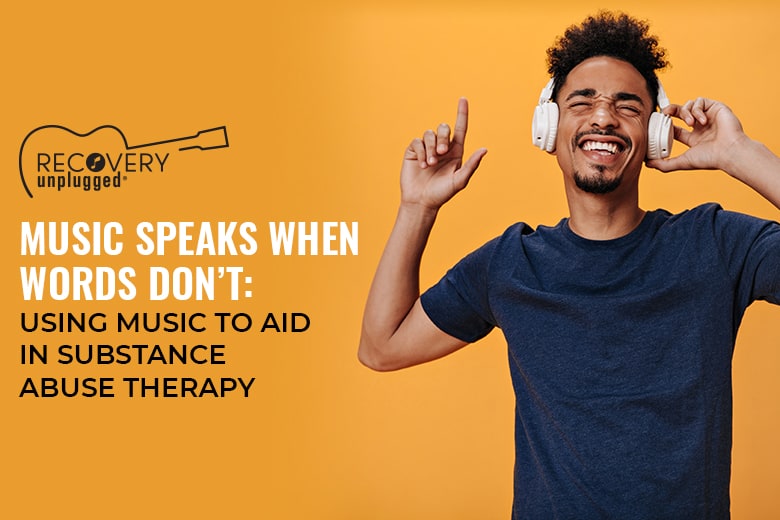
Music therapy continues to show its effectiveness as an alternative medicine. Not only has its been shown effective as a replacement to traditional treatments, it in some cases has proven to be more effective than traditional treatments. Despite its lack of popularity, Music therapy is an alternative to traditional medication that more people should consider.
It seems like doctors now days are prescribing medications to patients for various reasons, but after researching how powerful Music Therapy can really be...I wish there were more Music Therapists that doctors could recommend their patients as an alternative to medication and regular therapy even. Honestly I think it could be more effective, if used in the right way. There is evidence to prove this theory, I think it is just a matter of time before Music Therapy becomes more recognized and used more around the world.
Music therapy has helped many people with their problems and continues to every day, from everything to pre or post-surgery anxiety to reducing behavioral disturbances.
However, some people do use music as a stress reliever but they are listening to the wrong type of music that doesn't help their well being.
Two examples of this are autism and dementia. In a study done in Italy back in 2009, Music Therapy was used to reduce behavioral disturbances in elderly dementia patience. According to A. Raglio (2009) “MT [music therapy] treatment resulted to be more effective than standard care to reduce behavioral disorders” (900). This is an example in which music therapy is not only an alternative method but is actually more effective than the traditional method. The traditional method for treating dementia patience is through drugs. This shows how music can be more effective than traditional medication and for this reason, music therapy should be considered as a definite option and more people should be aware of this.
Also, another study I found interesting:
There was a study done at Ege University to see the effects of music therapy by lowering anxiety in patients receiving mechanical ventilatory support. According to Ersa Korhan (2011) “Repertory rate… and blood pressure were reduced significantly after completion of music therapy” (1032). This show how patients can use music therapy to lower anxiety instead of using traditional medication to do so. In this Case Patients received “60 minutes of music therapy… using media players (mp3) and headphones. Another reason that this would be effective is that music therapy eliminates the possibility of addiction to medication.
Here are some links that I would like to share regarding this topic: **Music as an alternative**
http://www.everydayhealth.com/depression/hitting-a-high-note-with-music-therapy.aspx
http://www.altmedicine.org/therapies/music-therapy
http://holisticonline.com/remedies/depression/dep_sound_therapy.htm
http://altmedicine.about.com/od/musicsoundtherapy/a/benefits_music_therapy.htm
http://musicnmoods.files.wordpress.com/2012/04/persuasive-essay.pdf
Children:Music Therapy Benefits
Music is a language, and children are oriented toward learning language.
Children are naturally interested in music, and music is naturally good for children.
- Why is music so attractive to children?
- Why is music so well suited to children?
- Children require and enjoy movement, which is essential for their development and growth.
- Abstract thinking
- Empathy
- Mathematics.
- Since ears are fully mature before birth, infants begin learning from the sounds of their environment before birth.
- Good listening skills & school achievement go hand in hand.
the child's desire for:
- Language
- The body's urge to move
- The brain's attention to patterns
- The ear's lead in initiating communication
- The voice's response to sounds
- The eye-hand coordination associated with playing musical instruments
- Children often do not have the words to express themselves and need positive ways to release their emotions.
- Children love to sing and dance at home, school, and at church.
Overall Goals of art and music therapy
-------------------------------------------------------------------------------------------
For hospitalized children and adolescents:
- Encourage the self-expression of thoughts and feelings related with illness/hospitalization
- Help children process and work through traumatic experiences associated with hospitalization
- Facilitate positive self-esteem and positive body image
- Promote a sense of independence and feelings of control
- Provide peer interaction and a sense of community within the hospital environment
- Encourage the development of healthy strategies for coping with hospitalization
For children and adolescents living with chronic pain or chronic illness:
- Encourage the self-expression of thoughts and feelings related with chronic pain/illness
- Facilitate children/adolescents' understanding of how chronic pain/illness affects their lives
- Understand how situations may increase pain perception and/or stress
- Learn effective techniques to promote self-management of chronic pain
- Learn effective techniques to self-manage stress and anxiety related to chronic illness
- Facilitate the process of acceptance for children struggling with a chronic condition
For children with newly acquired physical limitations:
- Facilitate adaptation to physical limitations
- Promote problem-solving skills
- Facilitate hand-eye coordination and gross motor skills
- Encourage non-verbal communication skills
For children recovering from brain injury:
- Raise awareness and orientation to things such as time, date and place
- Increase attention-span and decrease frustration level
- Follow step-by-step
directions more easily - Organize thoughts to make independent decisions
- Facilitate the process of representing thoughts symbolically
- Encourage the process of cause and effect problem solving
Research on the effects of music on learning has been in progress for decades. When research on the Mozart Effect - the theory that listening to Mozart's music can temporarily improve performance, and perhaps even IQ .
As with most theories, critics' verdicts on the Mozart Effect have been controversial. But what is not generally controversial though, and is supported by a strong body of evidence, is the fact that ongoing music education does help children across a wide range of criteria - including overall academic performance. A Canadian research group from McMaster University compared two groups of six children between the ages of 4 and 6; one group took Suzuki music lessons and the other had no musical instruction. The results: showed that the children who received musical instruction excelled above their peers in memory skills as well as 'non-musical' abilities such as literacy, mathematics and even IQ.
As with most theories, critics' verdicts on the Mozart Effect have been controversial. But what is not generally controversial though, and is supported by a strong body of evidence, is the fact that ongoing music education does help children across a wide range of criteria - including overall academic performance. A Canadian research group from McMaster University compared two groups of six children between the ages of 4 and 6; one group took Suzuki music lessons and the other had no musical instruction. The results: showed that the children who received musical instruction excelled above their peers in memory skills as well as 'non-musical' abilities such as literacy, mathematics and even IQ.
Brigid Finucane, an Early Childhood Music Instructor at the Merit School of Music in Chicago, has witnessed the positive effects of music instruction first-hand. "Formal music instruction requires focus, discipline and determination – excellent qualities which are often transferred into other areas of the student's life,” she says. “Beat and rhythms are key components in music. Children who can maintain a steady beat have a greater fluency in their reading. The music we sing provides vocabulary enrichment, teaches tenses and plurals, uses poetic language, allows visualization, and encourages good pronunciation.
"Through music we learn about ourselves, our culture and that of others, science and math, creativity, jobs, the environment, celebration & emotions."
"Through music we learn about ourselves, our culture and that of others, science and math, creativity, jobs, the environment, celebration & emotions."
Scott Cross, the Educator Development Manager for Kindermusik International, also believes that the non-musical benefits of music classes spill over into academic achievement.
"Kindermusik classes help toddlers as music is used to help them understand concepts like high and low, fast and slow, and start and stop. Reading music notes from left to right reinforces their learning of reading words from left to right in a book. Counting out music (1, 2, 3, 4) and keeping a steady beat reinforces the role of numbers and helps a child better understand their first math concepts."
"Kindermusik classes help toddlers as music is used to help them understand concepts like high and low, fast and slow, and start and stop. Reading music notes from left to right reinforces their learning of reading words from left to right in a book. Counting out music (1, 2, 3, 4) and keeping a steady beat reinforces the role of numbers and helps a child better understand their first math concepts."
The benefits of music instruction are not limited to the early years.
According to the National Association for Music Education:
SAT takers with a background involving musical instruction score significantly higher than their non-musically trained counterparts – a surprising 56 points higher on the verbal portion and 39 points higher on the math portion of the test. Other advocates of music instruction also cite numerous non-musical benefits including the building of greater self-esteem, concentration and coordination. And the longer music instruction lasts, the greater the benefits.
Music Therapy goals may include:
- Emotional support
- Procedural support
- Fine and gross motor development
- Pain/anxiety management
- Normalization of environment
- Socialization
- Legacy creation/memory building
- Developmental support
- Sensory stimulation
- Family support
- Coping
- Self-expression and awareness
Music Therapy techniques may include:
- Songwriting
- Instrument Improvisation
- Movement to music
- Music assisted relaxation
- Singing
- Interactive music making
- Lyric discussion
- Parent-Child interaction
MUSIC: Why and How does it work as Therapy?
WHY AND HOW DOES MUSIC WORK AS A THERAPEUTIC TOOL?
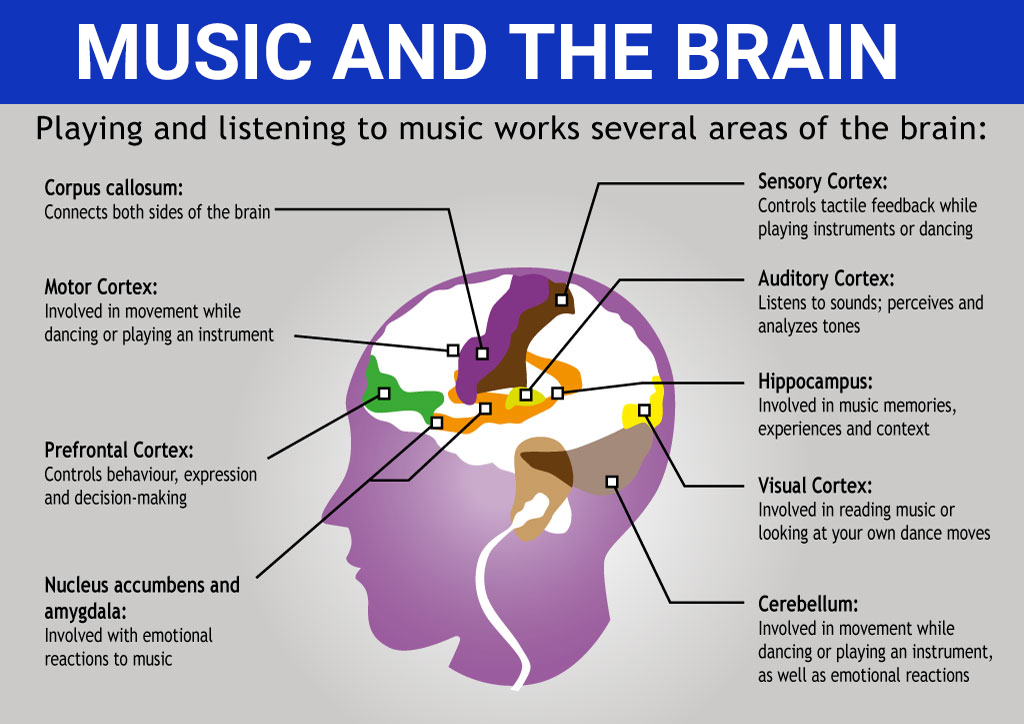
Music has a profound effect on your body and psychology in your mind and there is tons of research out there that can support this. Music Therapy is a continuously growing field; that in which uses music to heal a wide range of patients suffering from various disorders and is even used for pain management. In other words, music can drastically make your life better:
**Socially**
**Cognitively**
**Physically**
**Emotionally**
**Developmentally**
I would like to discuss is how music really has the ability to heal.
(When Used Correctly)
------------------------------------------------------------------------
Brain Waves:
- Music with a strong beat stimulates brainwaves to resonate in sync with the beat
- When the beat is faster it is able to promote sharper concentration;
- Allowing you to think more alertly
- Where as a slower tempo:
- Promotes a calm/meditative state
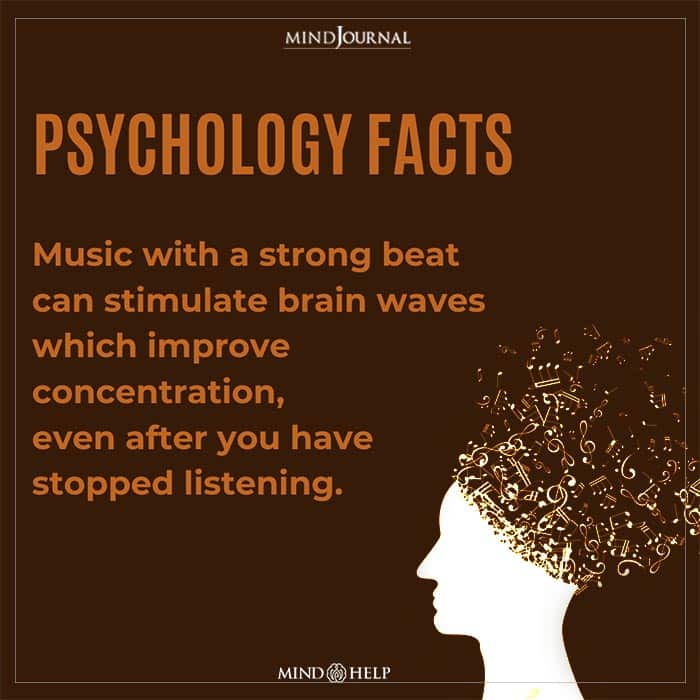
Breathing and Heart Rate:
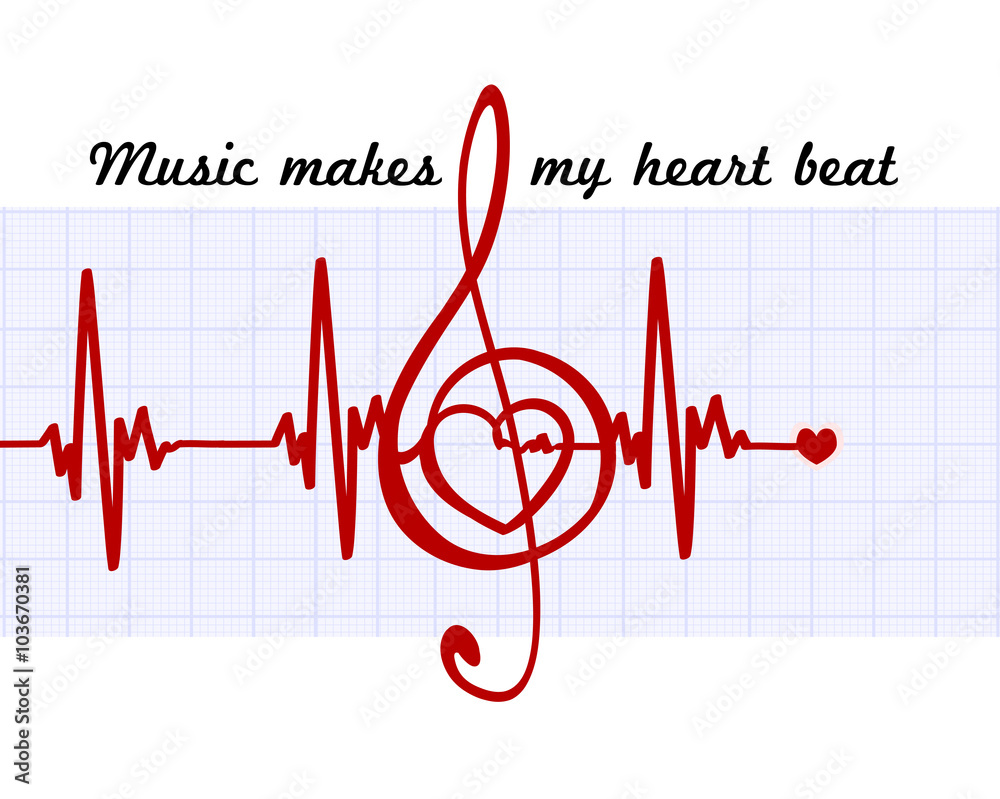
- With alterations in brainwaves comes changes in other bodily functions.
- Functions of the autonomic nervous system (breathing and heart rate) can also be altered by the changes music can bring, which can mean:
- Slower breathing, slower heart rate
- An activation the relaxation response, etc.
State of Mind:

- Music can also be used to bring a more positive state of mind
- Helping to relieve depression and anxiety
- It can help prevent the stress from wreaking havoc on the body
- It can help keep your creativity and optimism levels up
Other Benefits:
There is no surprise many people see music as an important tool to help their body stay or become healthy. Music has also been found to bring many other benefits, such as:- Lowering blood pressure
- Boost immunity
- Ease muscle tension, and more.
Using Music On Your Own:
Music Therapy does not have to necessarily be performed by a Music Therapists, you can learn to use music on your own as therapy in various ways.
Music can be used in daily life for
- Relaxation
- Regaining energy when feeling drained
- For catharsis when dealing with emotional stress, and more
Music Therapy: Success Stories
In hopes to show people that Music Therapy does work, I wanted to post some links of a few articles that people posted with their personal "Success Story" experiences and results thanks to music therapy.


Film explores how Music Therapy has helped to heal brain cells:
Music Therapy Keeps the mind active:
Music Therapy Helps Patients at Northers Westchester Hospital:
Hugworks Success Stories: Therapeutic Music Entertainment &Music Therapy:
Music Therapy Keeps the mind active:
Music Therapy Helps Patients at Northers Westchester Hospital:
Hugworks Success Stories: Therapeutic Music Entertainment &Music Therapy:
The Healing Power of Music: Success Stories:
Music is My Therapy
**I use music as my therapy, it has helped me cope with various situations in my life that; whether I wanted to reminisce, get motivation, feel comforted, or just want to think positively about something that is on my mind; music has been there for me as a therapeutic tool.
 ~~~~~~~~~~~~~~~~~~~~~~~~~~~~~~~~~~~~~~~~~~~
~~~~~~~~~~~~~~~~~~~~~~~~~~~~~~~~~~~~~~~~~~~
Music Therapy can be used for more than just spiritual purposes though as well; everyone is different and may require a different type of therapy for different issues they may be coping with. ~~**
Local Music Therapy Resources:
Bringing the Best out of People through Music: (Waukesha)
http://musictherapy.freeservers.com/
Wisconsin Conservatory of Music for Every Stage: (Milwaukee)
http://www.wcmusic.org/
Music Therapy at St.Ann: Center for Inter-generational Care: (Milwaukee)
http://www.stanncenter.org/Music%20Therapy
Music: Mental Disorders
The next topic I would like to discuss is the healing power that music can have to help heal people whom have various types of mental disorders. Mental Health diagnoses would include illnesses such as schizophrenia, depression, bipolar disorder, personality disorders, attention deficit hyperactivity disorder, eating disorders, and substance abuse to name a few. The best type of therapy for these disorders is Music therapy; it has a long history with mental health to prove how effective it really is.
The aim of therapy is to help people with mental illness; Music Therapy is used to help these people have courage and confidence when it comes to things such as developing relationships and to address issues they may not be able to using words alone.
There is strong evidence that proves that theMusic helps with the following functions:
---------------------------------------------------------------------------------------------
Music can be linked so to a person's mood and how they feel at the present time; A certain song can make us feel happy, sad, energetic, or relaxed. Knowing that music can have that much of an impact on a person’s mindset and well-being, obviously it will not come as no surprise that music therapy has been studied for use in managing numerous medical conditions.
So, how and why is music this powerful you may be wondering?
Music Takes Place in Reality:
Music is a temporal event; once the last note fades, it is over and gone. For those suffering psychotic symptoms that involve an inability to orient to time, place, event or person
Music is a Language:
We All Know: For those with mental illness, the ability to express themselves is often limited. It could be because they are not ready to discuss a topic, are unable to due to impairments, or any other number of reasons that are determinant by the client.
Music is a Social Activity:
Music Gives Us Something to Talk About:
I would like to post a link to give you a better understanding of Mental Health and Music. Kati Morton discusses what Cognitive Behavioral therapy is:
The aim of therapy is to help people with mental illness; Music Therapy is used to help these people have courage and confidence when it comes to things such as developing relationships and to address issues they may not be able to using words alone.
There is strong evidence that proves that theMusic helps with the following functions:
- Mental state
- General functioning
- Social functioning
SPECIFIC OUTCOMES:
- Reduced muscle tension Improved self-image/Increased self-esteem
- Decreased anxiety/agitation Increased verbalization
- Enhanced interpersonal relationships Improved group cohesiveness
- Increased motivation Successful and safe emotional release
Music can be linked so to a person's mood and how they feel at the present time; A certain song can make us feel happy, sad, energetic, or relaxed. Knowing that music can have that much of an impact on a person’s mindset and well-being, obviously it will not come as no surprise that music therapy has been studied for use in managing numerous medical conditions.
So, how and why is music this powerful you may be wondering?
Music Takes Place in Reality:
Music is a temporal event; once the last note fades, it is over and gone. For those suffering psychotic symptoms that involve an inability to orient to time, place, event or person
- Music provides an opportunity to become oriented.
- In listening to and participating in music and music making, a person cannot be disoriented and successful or aware.
Music is a Language:
We All Know: For those with mental illness, the ability to express themselves is often limited. It could be because they are not ready to discuss a topic, are unable to due to impairments, or any other number of reasons that are determinant by the client.
- Music, being a language that we all understand provides a non threatening avenue for them to explore those feelings.
- Clients in a group setting can explore and share through improvisation. Those dealing with anger may beat a drum as hard as they can.
- Traumatic events may be reenacted (safely) through music when words aren't ready to be used.
- The possibilities for music to be used in this capacity is endless, and will change based on the client’s experience as well as the therapist’s experience and expertise.
Music is a Social Activity:
- Music is something we all understand
- It gives people a chance to express themselves; even if they are not able to do so with just plain words.
Music Gives Us Something to Talk About:
- Utilizing a tool like lyric analysis gives the group the opportunity to have something concrete to discuss.
- It lays out the boundaries of the discussion and provides an excellent resource to help mediate, guide, and encourage conversation.
- Many people don’t want to sit and discuss their feelings with a stranger.
- By providing the framework of music, often most people will find themselves comfortable discussing their own situations in relation to the song.
I would like to post a link to give you a better understanding of Mental Health and Music. Kati Morton discusses what Cognitive Behavioral therapy is:
Music: Healing the Heart
Everyone goes through breakups and relationship hardships in their life at some point. One way I have found to help me get through those type of situations is by using music to fill the void I may be feeling. When you listen to certain love songs (I mean really take the time to listen to the lyrics) It can help you evaluate and weigh out the good and bad of the breakup or current relationship problems you may be having; which will essentially help to ease your mind you get through the pain and ease the heartache, it allows you to think about the positives or negatives about the relationship; whether you want it to be good or bad memories about who you broke up, rekindle the relationship or even to help you get over that person.
Music seriously has the power to alter your mind and if you continue to listen to the right type of music to help you through your situation. I can literally listen to a song that is about love and loving them unconditionally, it will have me thinking that I shouldn't give up on the relationship no matter what.
Music seriously has the power to alter your mind and if you continue to listen to the right type of music to help you through your situation. I can literally listen to a song that is about love and loving them unconditionally, it will have me thinking that I shouldn't give up on the relationship no matter what.
Katy Perry- Unconditionally
Mary J. Blige: Be Without you
Pleasure P- I did you wrong
Then you may hear a song that will get into your mind as to why the relationship is having problems and help you to evaluate the breakup and think deeper and make you feel stronger.Keyshia Cole- I Remember
Katy Perry- Wide Awake
Then you'll hear the type of song that makes you feel like it is just best to leave the relationship alone, because of the underlined issues within the relationship that caused you to be unhappy in the first place, these are are the type of songs that will make you temporarily feel as if you are strong enough to walk away or at least realize that its best to leave that person.
Mary J. Blige- Not Gone Cry
Avant- Seperated
MUSIC: The Art of Healing Therapy
Music is therapeutic to one's soul; it can alter your mood, thought patterns, and trigger your memory. It has been proven to help people with Alzheimers, dementia, behavioral management issues and other chronic cognitive and physical impairments. The right type of music has the ability to boost their confidence; when they hear music that is motivating it uplifts them and temporarily takes them away from everything that they may dealing with in their personal life.
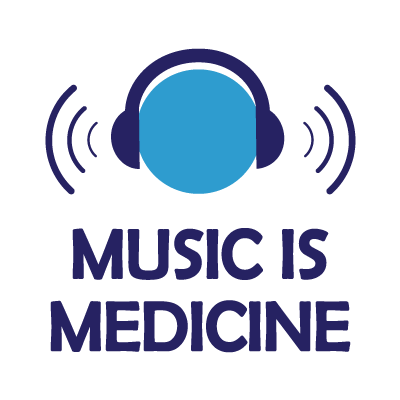
With all of that being said, I want to discuss the topic of music therapy and bring up various topics as to why it can be used as a tool to inspire you in many different ways. Music allows us to deepen our thinking through a creative response to use our minds to wonder and hope for more, heal our wounds, tap into our imaginations, so that we can get the confidence to conquer anything that our hearts desire. Music Therapists use music to help their clients achieve progress towards their established goals, and work towards reintegrating parts of themselves in which they may have felt disconnected from.
Music is a very big part of my life, I have turned to it when I was down and feeling lonely or stressed out and didn't know where else to turn to; it has comforted me while I was going through hard times and it was able to push me to keep moving forward and inspired me to do better. I don't think people realize how healing music really is, when you are going through certain stages and struggles. I found that listening to music that has lyrics that closely relates to what I am going through at the present time it has the ability to alter my thoughts and put the situation into another perspective; its a sense of comfort because when you hear musicians express similar thoughts that relates to what your personally dealing with, it tends to make you not feel like as if you are not alone.

Music is a very big part of my life, I have turned to it when I was down and feeling lonely or stressed out and didn't know where else to turn to; it has comforted me while I was going through hard times and it was able to push me to keep moving forward and inspired me to do better. I don't think people realize how healing music really is, when you are going through certain stages and struggles. I found that listening to music that has lyrics that closely relates to what I am going through at the present time it has the ability to alter my thoughts and put the situation into another perspective; its a sense of comfort because when you hear musicians express similar thoughts that relates to what your personally dealing with, it tends to make you not feel like as if you are not alone.









